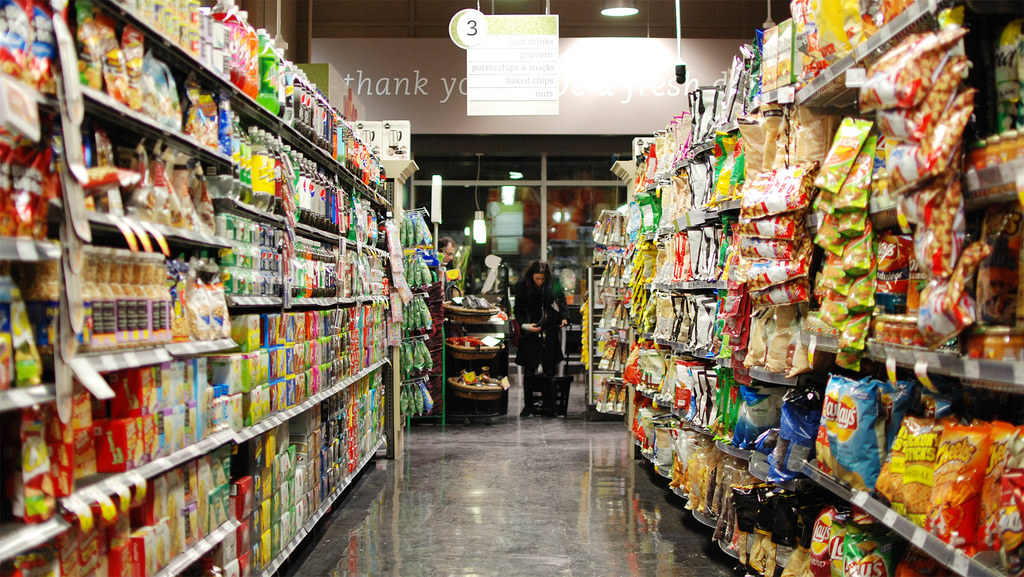According to the Centers for Disease Control and Prevention, nearly four of every ten adults in the U.S. are obese. Among children, one in ten pre-schoolers are obese. Obesity and related illnesses are said to disproportionately affect poor and minority communities. One theory is that lack of access to healthy food makes it difficult for these families to maintain healthy weight. So-called food deserts, where few stores offer fresh produce or other healthy items, are commonly believed to keep people with low income from eating better. But new research says there could be another reason.
In an article for the Los Angeles Times, Priya Fielding-Singh, a doctoral candidate in sociology at Stanford University, says that, while food deserts are a big obstacle to providing a healthy diet to their children, the symbolic meaning of food is the reason many low-income families give their children junk food.
“Parents, poor and affluent care about their kids eating a healthy diet,” Fielding-Singh says. “But parents were also bombarded all the time with requests for junk food from their kids. And what I found was that the meaning of food shaped the way that parents reacted to those requests: while most affluent parents told me that they regularly denied these requests, poor parents were more likely to say yes when they could.”
The reason is that food is seen as a form of affection, and for many poor families, candies and unhealthy snacks are the only pleasures in which they can indulge their children.
“For poor parents who were rising their kids in an environment where they had to say ‘no’ all the time, to the whitest pair of Nikes, or to a family vacation, junk food was actually something that poor parents could afford to say yes to,” Fielding-Singh says. “They could almost always find that buck to buy their kids a can of Coke.”
Parents are often blamed for the food their children consume, and society frames obesity and diseases like Type 2 diabetes as the result of parents’ lack of knowledge. But Fielding-Singh believes that it’s income that plays a defining role in a family’s diet.
“These parents that I met were truly doing their best within the constraints that they were facing,” she says. “I actually find that is the environments within which parents are doing their best that are leading to these kinds of challenges.”
From Fielding-Singh’s perspective, the solution to this problem is simple, but also challenging: to improve the financial standing of poor families.
“If we lifted these families out of poverty and we made it so that parents could consistently meets their kids wants and needs,” Fielding-Singh says, “then a bag of Cheetos would just be a bag of Cheetos, it wouldn’t be this uniquely potent symbol of love and care for a parent to give their child. The meaning of food itself would change for them.”
Written by Cesar E Lopez Linares.
















